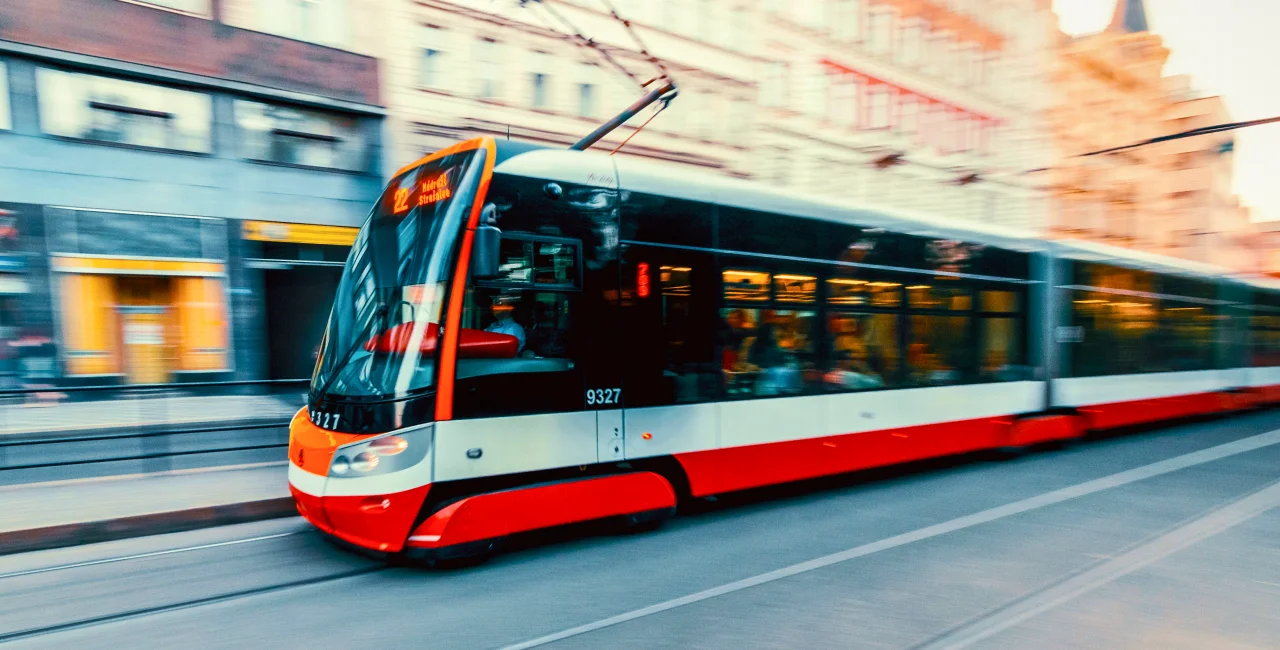Prague is ranked a lowly 27th out of 32 European capitals in terms of traffic safety perception, with two-fifths of residents in the Czech capital feeling “a sense of danger” when navigating road and public-transport traffic, according to a survey by city-mapping company Cyclomedia.
The survey, which interviewed nearly 12,000 residents of 32 major European cities found that only 7 percent of Prague residents feel completely safe on the roads.
According to Oldřich Kassl, Prague coordinator of the BESIP organization, the high level of car ownership in Prague is a major contributor to the city's poor traffic safety record. "Cars in Prague increased by almost 44,000 last year to more than 1.3 million, and the number of kilometers driven on the city's territory increased year-on-year by more than 355,000 kilometers to 23.17 million," Kassl said. "Increasing car ownership is putting significant pressure on the transport infrastructure and increasing the risk of accidents,” he added.
To improve traffic safety, 55 percent of Prague residents surveyed suggested better separation of individual modes of transport, such as lanes for cyclists, buses, and trams. Other measures suggested by residents include clearer markings at intersections (42 percent), better road markings (40 percent), improved cycle routes (29 percent), as well as reduced speed limits, and better lighting on roads (19 percent).
According to the survey, Prague's high amount of trams and buses also makes people feel less safe.
However, a majority of residents (60 percent) opposed the general reduction of the maximum permitted speed to 30 kilometers per hour, a proposal that has sparked protests in the city. "Almost 300,000 vehicles entering the capital city of Prague every day alone creates enough pressure to reduce traffic on the already congested roads," Kassl said. "Traffic jams occur daily, and in the very center of the city, vehicles often move at speeds significantly below 30 km/h, even without any restrictions."
Furthermore, dissatisfaction with e-bikes and e-scooters is on the rise, and over half of Prague residents express a desire to ban them following their introduction in recent years. Nearly 60 percent of Praguers feel that the rate of accidents in the city has increased since the introduction of these electric modes of transportation.
Tallinn, the Estonian capital, topped the list with only 12 percent of residents feeling unsafe. Athens, on the other hand, ranked at the bottom, with 68 percent of its population feeling unsafe.












 Reading time: 2 minutes
Reading time: 2 minutes 






















